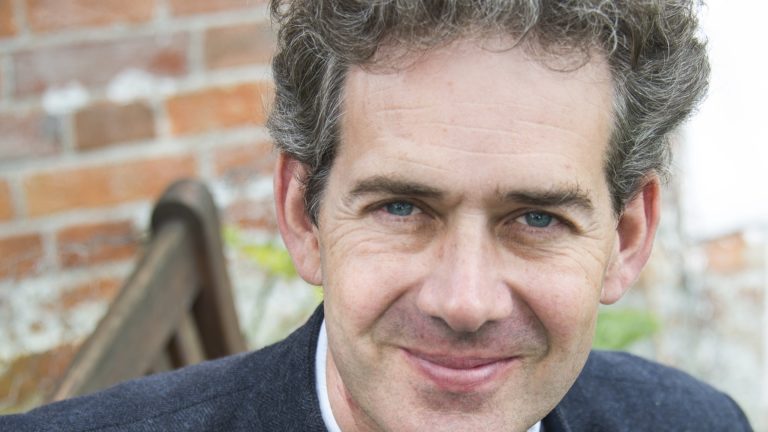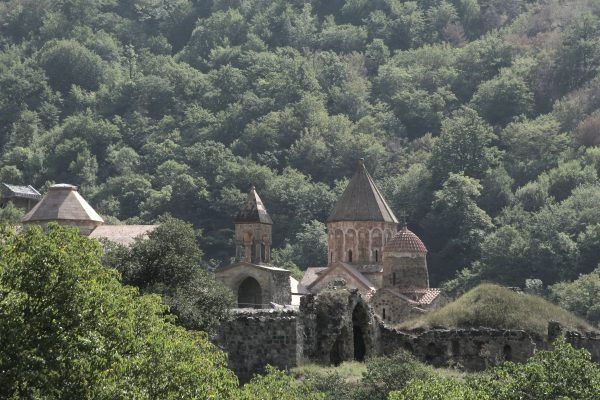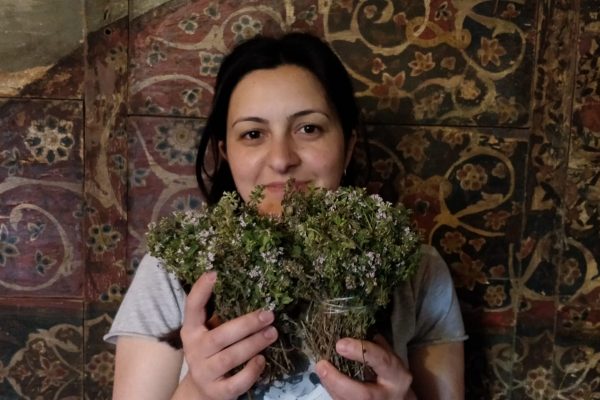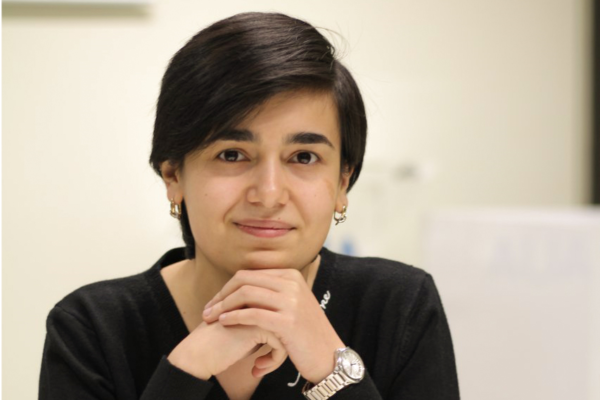In almost 25 years of visiting Armenia, Azerbaijan and Karabakh I’ve had hundreds of conversations about the conflict with all sorts of different people, from politicians to farmers.
I’ve heard the same views expressed hundreds of times, with interlocutors telling me how justice is on their side and the other side is the aggressor. There is nothing unusual about that, I don’t doubt the sincerity of most of those speakers. Conflicts take shape in the mind, not just on the battlefield.
But I have often asked myself to what extent these repeated arguments are a result of “mass consciousness,” of the absence of alternative other public messages on the conflict. After all, in other conflicts, from Cyprus to Northern Ireland to Transdniestria, you hear a really wide spectrum of views. In all those cases there is a real “party of peace” which is ready to make a compromise with the other side. Why should the Karabakh conflict be any different?
In the last few weeks there have been some positive messages and statements on the conflict from the co-chairs of the OSCE Minsk Group and the Armenian and Azerbaijani foreign ministers. And for the first time in a decade there has been a mention that societies need to be prepared for peace.
So could the narrative change amongst Armenians and Azerbaijanis? As I reflect on this I recall a few conversations which have diverged from the script, where my interlocutor has said something different.
I recall the Karabakh Armenian who said to me during the Key West talks of 2001, “To be honest, we are tired of this.” I remember the Azerbaijani close to political circles who suddenly told me, “We’ve wasted 20 years. We never talked properly to the Armenians.” I remember the Armenian friend who came back from the market in Yerevan and reported a conversation with a trader who had told him, “If it wasn’t for the Karabakh conflict we wouldn’t be in this mess.”
These were all private conversations. I am giving no names. These individuals would almost certainly say something different if a television camera was placed in front of them.
But they are a reminder that in this conflict too there are secrets, there is a wider diversity of views on the conflict behind closed doors that there is in public. Of
Author – Thomas de Waal
Senior Fellow
Carnegie Europe
The post is part of a project on Engaging society and decision-makers in dialogue for peace over the Nagorno-Karabakh conflict implemented by the Caucasus Institute and funded by the UK Government’s Conflict, Stability and Security Fund. The opinions and statements that are made in the publication may not coincide with the official position of the UK Government.





